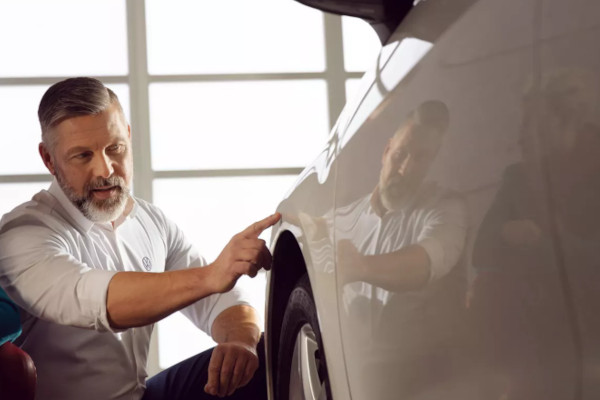Preparing For Winter
During the winter, the evenings get darker earlier and the weather gets colder; making Britain's roads more hazardous. When the temperature plummets, the number of car breakdowns increases as the cold weather escalates underlying mechanical issues. However, the likelihood of breaking down in the winter months can be greatly reduced through checking a few key areas of your vehicle:Tyres
Tyres are the only part connecting you and your car to the road. Ensuring that tread is above the minimum legal level of 1.6mm (and the advised 3mm in winter), as well inflated to the correct pressure, are all essential to ensure good grip and traction on wintery roads. Tyres should also be free of any damage or bulges.
Battery
The battery is put under increased strain during the winter months, with cold starts and heavier loads due to the car’s lights, heating and other features being on more. The colder the temperature gets, the slower chemical reactions within the battery can take place, which reduces performance. Ensuring you car's battery has a good level of charge (approx. 75%) is important for optimal winter running.Coolant
Coolant prevents an engine from freezing or overheating. The system is usually sealed and should not need topping up. However, it is a good idea to check the coolant is between the min and max in the reservoir.Wipers
Wipers can freeze onto the windscreen and using them can damage the wiper motors, therefore before driving off, ensure the wipers are not stuck to the windscreen by defrosting the car first and lifting the wipers off the glass. Wipers should be effective at clearing the windscreen, if they do not or cause a streak across the glass they probably need replacing.
Screen wash
During the winter, muck from the road is thrown up onto the windscreen, meaning you use screen wash a lot more. Of course, this will increase the chance of it running out and reducing your visibility and safety. It is important to regularly top up the screen wash and to a good strength to ensure it does not freeze.Lights
Lights are important to ensure you can see and be seen by other road users. Walk around the car and check all the lights are working. Replace any that are not and regularly clean your lights, so they offer maximum performance and safety.Oil
Oil should always be between the min and max marks on the dipstick. Not having enough or having too much oil can cause a breakdown or engine failure.As it gets darker earlier, it can be much more difficult to conduct car maintenance yourself. However, with Group 1's Winter Health Check, all these areas and more are all checked to ensure your safety over winter.
Book yours here
Smart Repairs

Smart repairs are especially important in the winter months, when the grit and salt used to keep the roads above freezing point can worsen damage already done on your car.
Damage such as kerbed alloy wheels, scratched paint and chipped windscreens can get worse during the winter months which not only looks bad and reduces the value of your car, but can also increase the final cost of repair as there is more damage to correct.
Once SMART repairs have been made to your car, it is important to maintain your car by regularly washing it to remove winter salt.
SMART stands for small, medium area repair technology. Using SMART repairs speeds up repair time and reduces cost because only the damaged area is targeted.
Contact us now to book a SMART repair
